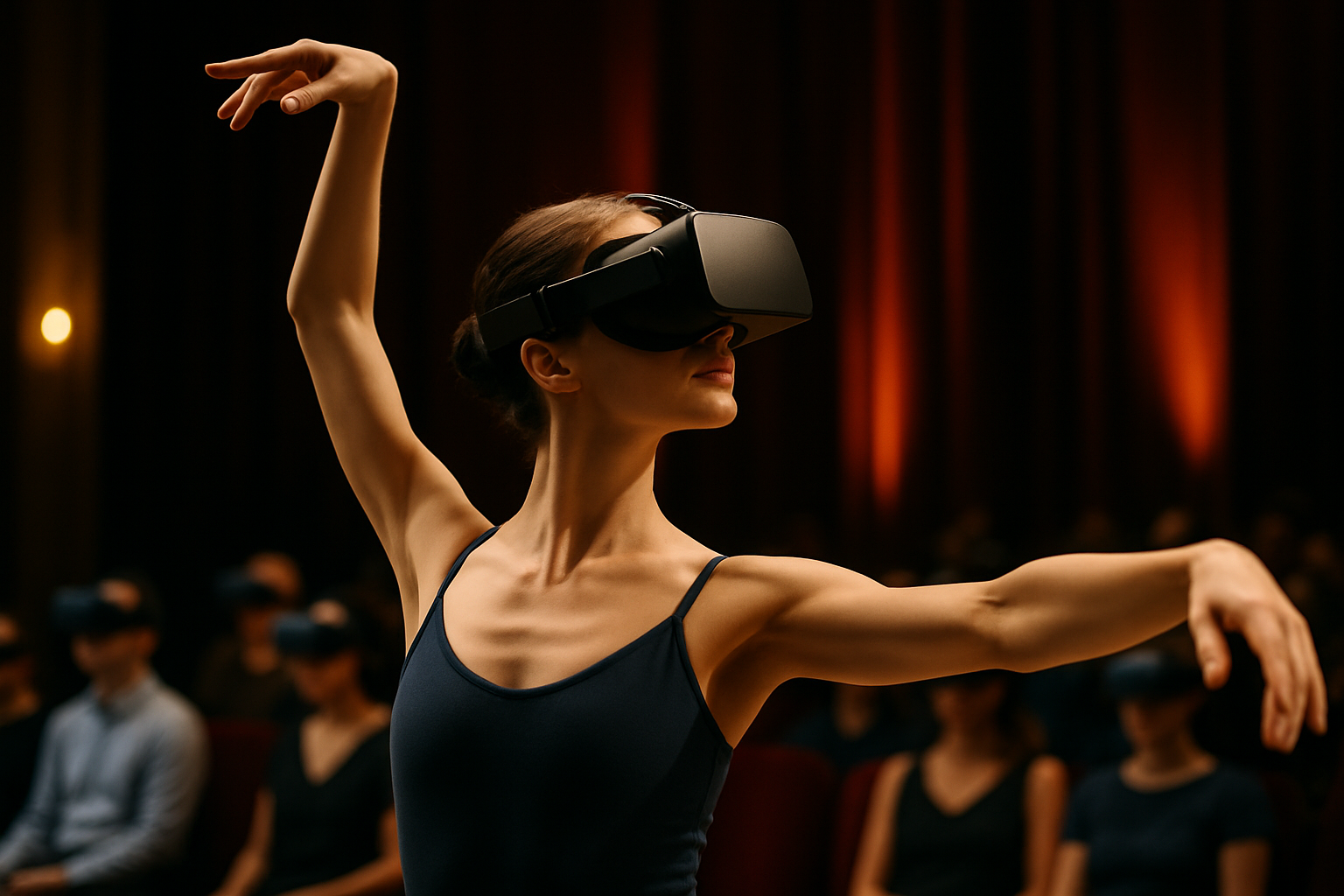Chronobiology: Aligning Your Life with Your Internal Clock
Imagine waking up each day feeling refreshed, energized, and in perfect harmony with your body's natural rhythms. What if you could optimize your daily routine to enhance productivity, improve health, and boost overall well-being? Welcome to the fascinating world of chronobiology, where science meets lifestyle to unlock the secrets of your internal clock.

The Dance of Hormones and Neurotransmitters
Throughout the day, our bodies experience fluctuations in various hormones and neurotransmitters. Cortisol, often dubbed the stress hormone, typically peaks in the morning, helping us wake up and face the day’s challenges. Melatonin, on the other hand, rises in the evening, signaling to our bodies that it’s time to wind down and prepare for sleep. Understanding these natural ebbs and flows can help us optimize our daily activities for maximum efficiency and well-being.
Chronotypes: Are You a Lark or an Owl?
Not all internal clocks tick to the same rhythm. Chronotypes, individual variations in circadian rhythms, can significantly influence when we feel most alert and productive. While some people are early birds, thriving in the morning hours, others are night owls, finding their peak energy levels later in the day. Recognizing and working with your chronotype, rather than against it, can lead to improved performance and overall satisfaction in both personal and professional spheres.
Chrono-Nutrition: Timing Your Meals for Optimal Health
The field of chrono-nutrition explores how the timing of our meals can impact metabolism, weight management, and overall health. Research suggests that aligning our eating patterns with our circadian rhythms may have profound effects on digestion, insulin sensitivity, and even weight loss. For instance, eating larger meals earlier in the day and lighter fare in the evening may support better metabolic health and sleep quality.
Syncing Technology with Biology
In our increasingly digital world, technology often disrupts our natural rhythms. However, innovative solutions are emerging to help us realign with our internal clocks. From smart lighting systems that mimic natural light patterns to apps that suggest optimal times for activities based on individual chronotypes, technology is being harnessed to support, rather than hinder, our biological rhythms.
Chronobiology in Action: Practical Tips for Daily Life
-
Schedule important tasks during your peak alertness hours
-
Expose yourself to natural light early in the day to reinforce your circadian rhythm
-
Dim lights and avoid blue light from screens in the evening to support melatonin production
-
Consider your chronotype when planning your daily routine and meal times
-
Maintain a consistent sleep schedule, even on weekends, to keep your internal clock stable
As we continue to unravel the complexities of our internal timekeepers, the potential for improving our lives through chronobiology becomes increasingly apparent. By aligning our daily activities with our natural rhythms, we can unlock new levels of productivity, health, and well-being. The key lies in listening to our bodies, understanding our unique chronotypes, and making informed choices about when we eat, sleep, work, and play. Embracing chronobiology isn’t just about following a trend; it’s about living in harmony with the intricate biological symphony that orchestrates our lives.




